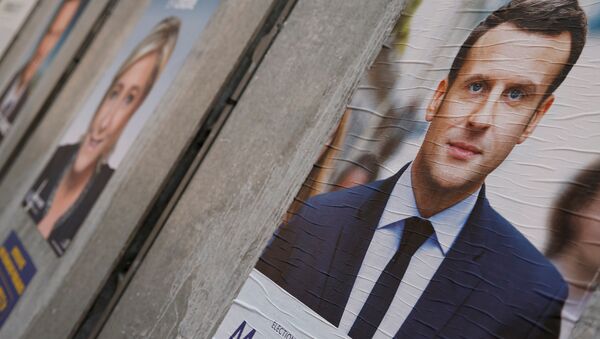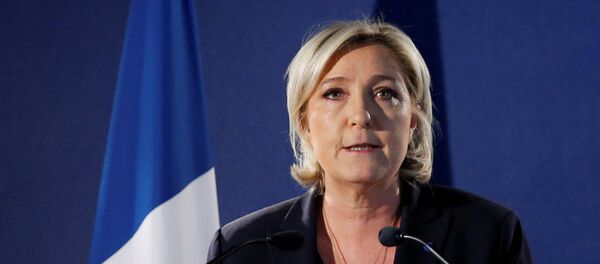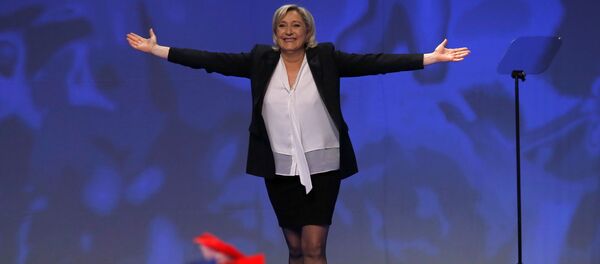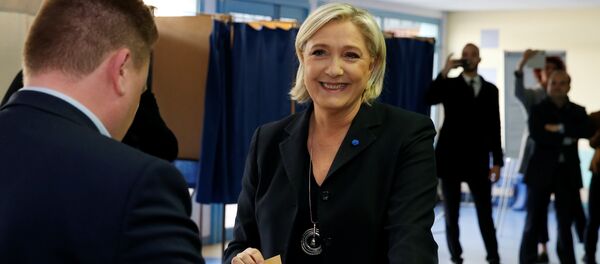"If the pro-European Union Emmanuel Macron wins, I do not believe that it will have any major effect on the relations between the European Union and the United States — both will try to keep on working on a free trade agreement," University of Kent Research Associate Benjamin Leruth said.
Leruth stated the result of the first round of the French election was a setback for former National Front leader and nationalist Marine Le Pen as it put Macron, the establishment and leading pro-Brussels politician in the race, ahead of her.
"Emmanuel Macron is now virtually considered as France's next president. Indeed, Marine Le Pen would need to find at least an extra 9-10 million voters to win… Victory for Macron means another round of life for the ‘European’ idea," he explained.
If elected, Macron would certainly take other actions to try and restore momentum to moves toward greater European unity, Leruth predicted.
A victory by Le Pen would create a very different dynamic, Leruth acknowledged.
"However, if Marine Le Pen was to be elected, then plans for a free trade deal are likely to be frozen," he said.
University of Surrey Senior Lecturer in European Politics Theofanis Exadaktylos agreed that the outcome of the first round of voting was a setback for Le Pen and encouraging for supporters of the European Union.
A victory by Macron could result in a "breathing space" for European Commission and national leaders in the EU to try and work out a new coherent policy on dealing with both Russia and the hawkish Trump administration in the United States, Exadaktylos suggested.
"Realistically, we expect Mr. Macron to win. This will definitely mean the buying out of political time for Europe to sort out a common strategy for Russia, but also the chance for Europe to weigh out the intentions of Mr. Trump especially on issues like Syria and North Korea," he said.
Macron will most likely work with Merkel to reinvigorate the core of the European Union as a global actor as well, Exadaktylos predicted.





